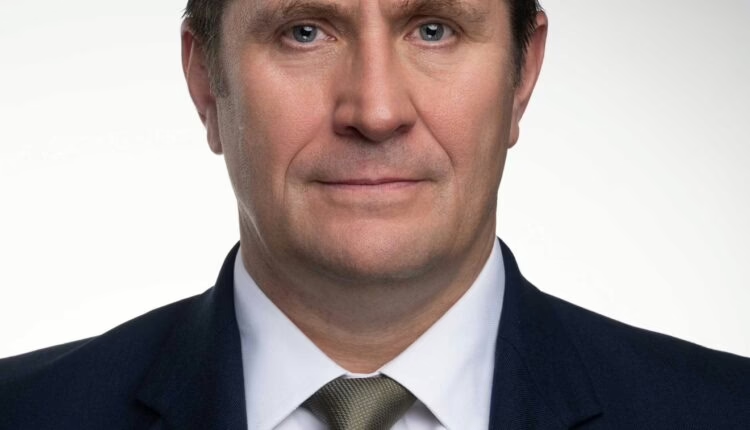The Director-General of the National Health Insurance Authority (NHIA), Dr Kelechi Ohiri, has outlined the numerous benefits of health insurance and confirmed an ongoing review of capitation fees paid to healthcare providers under the national health insurance programme. This review, he says, reflects the Tinubu administration’s commitment to improving the country’s overall health indices.
Speaking during a wide-ranging interview on NTA at the weekend, Ohiri addressed key issues surrounding health insurance, highlighting areas of progress amidst challenges. He was joined by other leading figures in the sector, including Dr Gafar Alawode (Health Financing Expert), Dr Ibrahim Wada (CEO, Nisa Medical Group), and Dr Olumuyiwa Olusanya (CEO of Insignia Health Limited).
Ohiri acknowledged that capitation fees, a major concern for hospital proprietors involved in the scheme, are a priority issue. He explained that the fees have not been reviewed for many years and that the NHIA, upon resumption, commissioned actuarial reviews in February.
“One of the things that we observed is that it’s been a while since tariffs were actually reviewed in the sector, and one of the first things that we did in the NHIA upon resumption was to commission actuarial reviews which started in February,” he said.
The purpose of these reviews, according to Ohiri, is to “have the evidence and the basis to review tariffs in the country and also from an actuarial perspective understand what we can afford in terms of a basic minimum package of services so that if you go to a hospital, you know what to expect to have.”
Ohiri also shed light on the significant support provided to vulnerable groups in the country to encourage them to enrol in the health insurance programme. This, he highlighted, is a major priority of the Federal Ministry of Health and Social Welfare under Professor Muhammad Ali Pate.
“The establishment of the Vulnerable Group Fund is because we recognize that health insurance could be contributory where you prepay, but it also could be non-contributory where somebody like the government pays on behalf of the poor and vulnerable,” he explained. “The Vulnerable Group Fund is a critical part of the act establishing the NHIA which caters to poor Nigerians and others classified as vulnerable including those with disabilities, internally displaced persons, the elderly, and others”.
Ohiri revealed that the definition of vulnerability has been expanded to include women at risk of death during childbirth, “because that disproportionately affects poor women mostly in rural areas.”
He emphasized the importance of deepening partnerships with state government-run health insurance programmes, highlighting the NHIA’s national effort to boost enrolment. He commended states for taking strong steps to expand the footprint of health insurance within their jurisdictions.
“Over the last two years now, every state in Nigeria has a state health insurance scheme and the last one to actually come on board was Rivers State. Many states are setting up Equity Funds to also complement what the federal government is doing to ensure that even the poor and the vulnerable in their states are also covered.”
Ohiri stressed that improving the current enrolment figure – an estimated 16 million people or 7% of the national population – is a national challenge. The new NHIA Act has empowered the agency to play a greater role in achieving universal coverage.
“Only 7% of Nigerians are covered by insurance; that’s roughly 16 million people. With the act now making it mandatory, it means that now we actually have a pathway to universal coverage where we aim to increase the coverage of Nigerians from 7% and to see how far we can go.”
Describing the health insurance space in Nigeria as mixed with a variety of key players, Ohiri stressed that while NHIA will continue to play its leadership role, the challenges should be seen as a collective responsibility.
“We have a mixed insurance space where we have not just the NHIA and the state health insurance schemes but we have a lot of private health insurance agencies, HMOs as well as administrators.”
“For Nigeria to actually increase coverage of people and for us to go on that path to universal healthcare coverage, it requires the collective effort of both the public and private sector but also the federal government, state government, and the indefatigable civil society organizations.”











